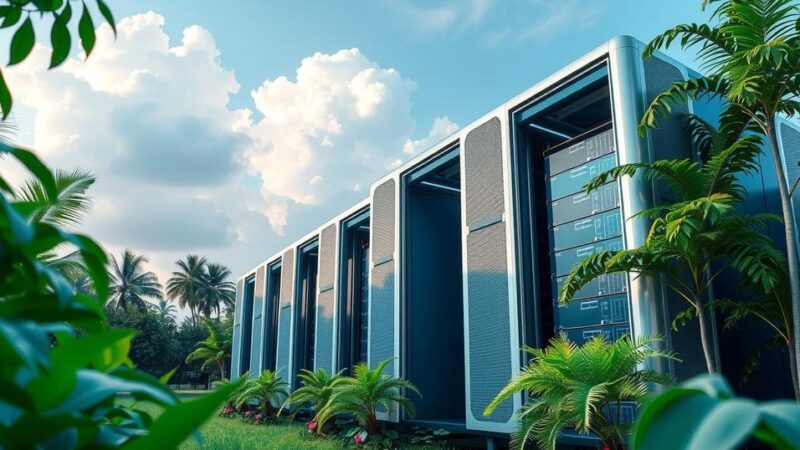Indonesia has issued local content certificates for 20 Apple products, including the iPhone 16. However, Apple requires additional permits from other ministries to sell these products. The negotiations have been challenging, as Apple aims to navigate the regulatory landscape in Indonesia for successful market entry.
On Friday, Indonesia’s industry ministry announced the issuance of local content certificates for 20 Apple products, including the iPhone 16. Despite this progress, Apple must secure additional permits from other ministries before it can commence sales of its devices in Indonesia. The certificates stem from a prior investment announcement by Apple, totaling over $300 million, aimed at establishing local manufacturing and a research and development center.
Previously, Indonesia had prohibited the sale of the iPhone 16 due to Apple failing to adhere to local component requirements. Apple has successfully obtained certification for 11 phone models and 9 tablet models that meet these locally-made component standards. According to ministry spokesperson Febri Hendri Antoni Arief, Apple now awaits approvals from both the communications and digital ministry and the trade ministry to facilitate product sales in the country.
The negotiations between Apple and Indonesia’s government have been characterized as complex and prolonged, as stated by the communications minister. Moreover, according to data from research firm Canalyst, Apple was positioned outside the top five smartphone brands in Indonesia during the third quarter of the previous year.
In summary, while Indonesia has taken steps to certify Apple’s products, further governmental permits remain necessary for the products to enter the market. The ongoing negotiations illustrate the challenges faced by multinational companies seeking to operate within Indonesia’s regulatory framework, particularly in the technology sector.
In summary, Indonesia has granted local content certification for several Apple products and is progressing towards allowing the sale of the iPhone 16. Nevertheless, Apple must still obtain additional permits from relevant ministries. The negotiations highlight the complexities involved in meeting regulatory requirements in Indonesia’s technology market, which is crucial for Apple’s future operations in the region.
Original Source: en.tempo.co






